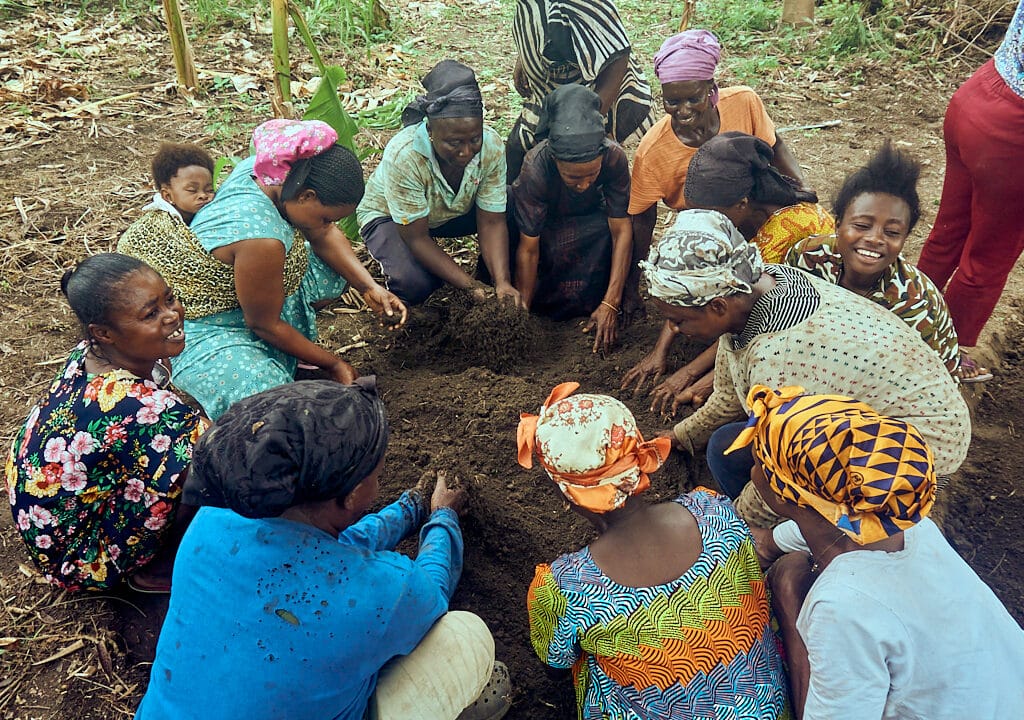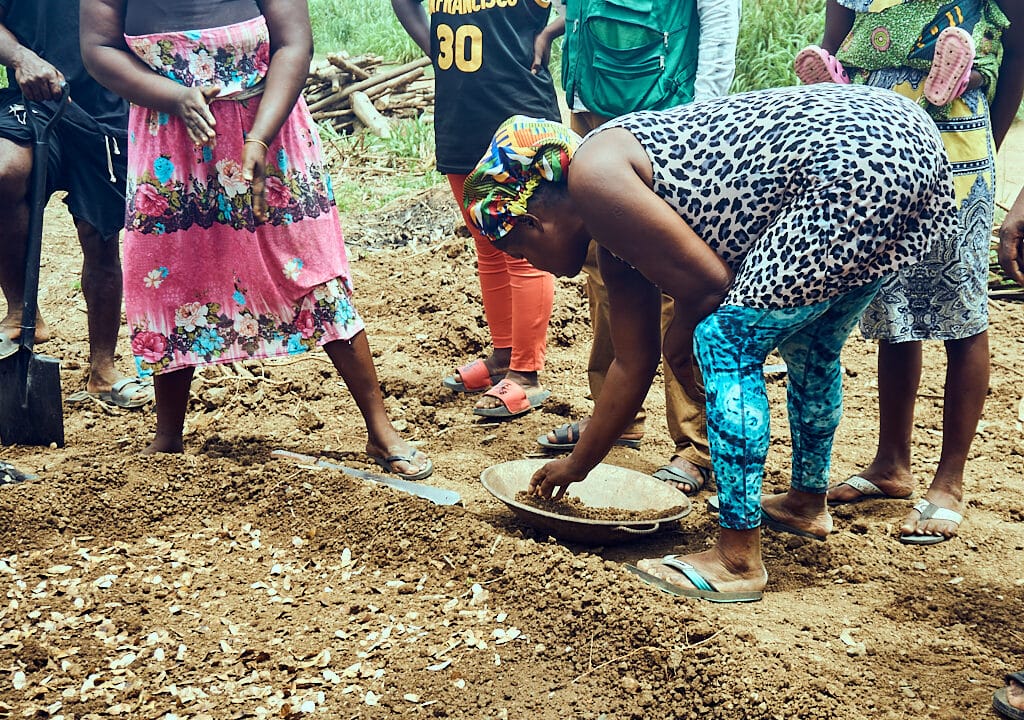Nature-based climate adaptation in the Guinean forests of West Africa

Project Overview
The project in Ghana, Guinea, and Côte d’Ivoire addresses climate adaptation in the Guinean forest of West Africa, a critical biodiversity hotspot.
It focuses on implementing nature-based solutions (NbS) to enhance biodiversity and promote gender equality.
By engaging various stakeholders, including government bodies, local communities, and the private sector, the project aims to develop local and regional capacities for climate adaptation.
Key interventions include restoring degraded forests and ensuring the inclusion of women and marginalized groups in planning processes. This initiative builds on the experience of WUSC, CECI, and other partners, aiming to strengthen climate resilience and biodiversity in the region.
Overall Objective
To strengthen local and regional capacities for nature-based climate adaptation solutions and promote women’s transformational leadership.
Specific Objectives
- Carry out biodiversity assessments of insect communities at Lake Bosomtwe
- Carry out a plant diversity assessment in areas of trap deployment
- Freshwater fish diversity assessment through analysis of environmental DNA from the lake
Expected Outcome
The research is expected to contribute to a database of insects, plants and fish biodiversity in Ghana and the global scientific community.

Project Duration: 2 YEARS.
Funded by:
Consortium Members: World University Service of Canada (WUSC) and Centre d’étude et de Coopération Internationale (CECI)
Partner Organisations: ABANTU for development, CIFOR-ICRAF, IUCN Ghana, A Rocha Ghana, University of Guelph, African Centre for DNA Barcoding in South Africa, International Barcode of Life